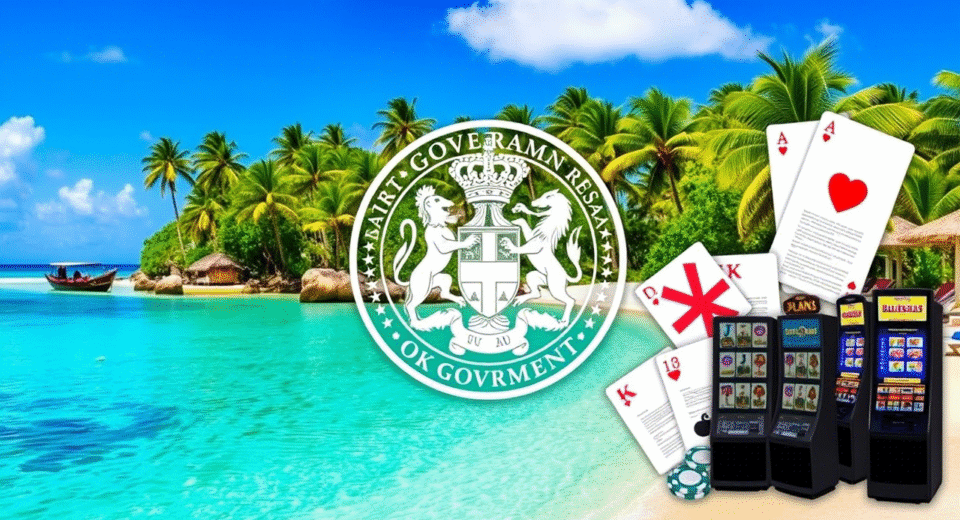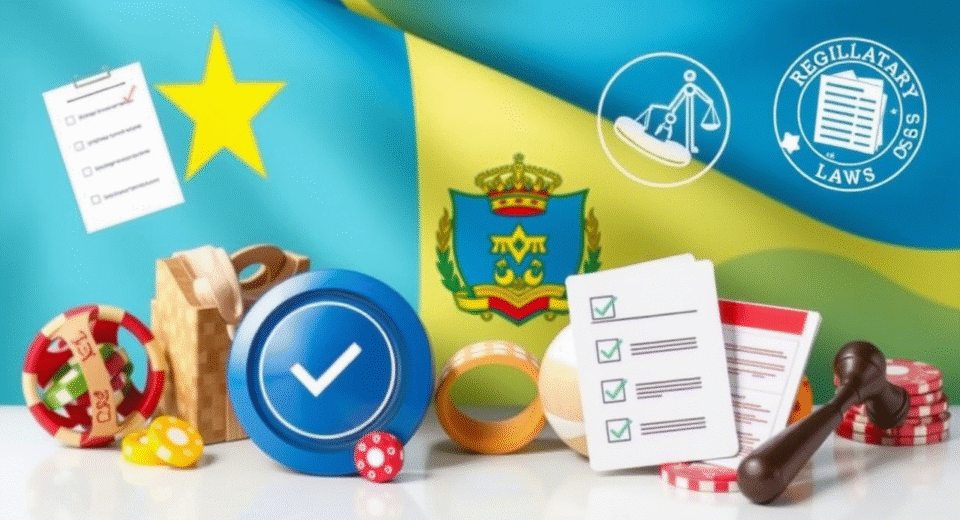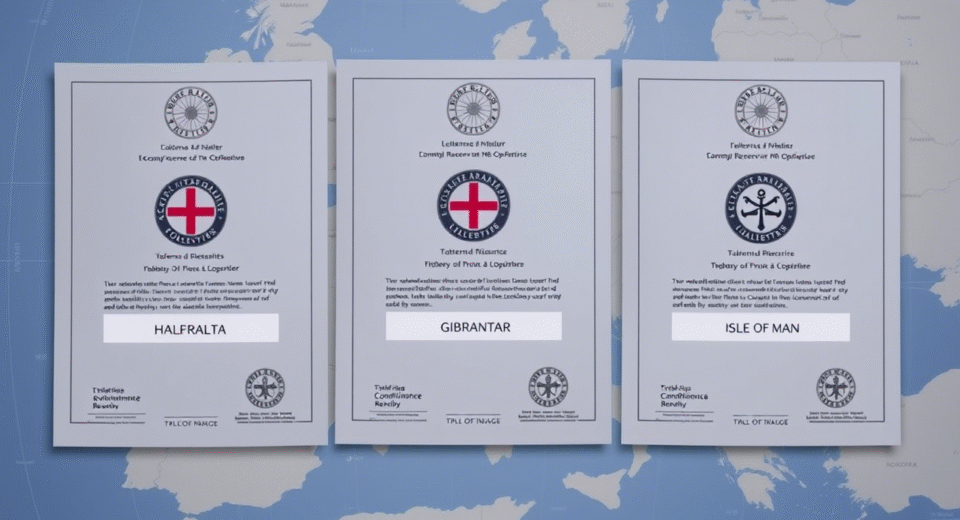Introduction: Choosing the Right Gambling License in 2025 The global iGaming industry continues to expand at breakneck speed, but one foundational decision can make or break your operation: choosing the right jurisdiction for licensing. Malta, Gibraltar, and the Isle of Man are often grouped together as elite offshore regulatory hubs for online gambling. While each offers access to international markets, their requirements, benefits, and reputations differ significantly. Whether you’re a startup studio, a B2B software provider, or a seasoned B2C operator looking to scale, this guide provides a side-by-side breakdown of the three most respected offshore licenses. Section 1: Why These Jurisdictions Matter These are not just low-tax offshore havens. Malta, Gibraltar, and the Isle of Man: 🧠 Fun fact: All three jurisdictions are on the “white list” of credible regulators recognized globally. Section 2: Quick Snapshot Comparison Feature Malta Gibraltar Isle of Man Regulatory Body MGA Gambling Commissioner GSC Market Focus EU & international UK-facing & international Global, crypto-friendly Tax Rate ~5% effective GGR 1% on yield (cap applies) 1.5% on GGR License Cost €10,000–€25,000 £100,000+ £5,000–£35,000 License Timeframe 3–6 months 4–6 months 8–12 weeks Crypto Gambling ⚠️ Limited ❌ Not allowed ✅ Permitted with approval B2B Friendly ✅ Yes ✅ Limited ✅ Yes Compliance Reputation Very High Very High High Physical Presence Mandatory Mandatory Mandatory Key Market Access EU, LatAm, Africa UK, EU APAC, LatAm, Crypto Section 3: Malta Gaming Authority (MGA) 🏛️ Regulator: Malta Gaming Authority Website: mga.org.mt Overview Malta has long been seen as Europe’s regulatory gold standard for online gambling. A full EU member, Malta offers a streamlined licensing process, strong legal framework, and access to most international markets. License Types Requirements Pros ✅ EU credibility✅ Payment provider and banking acceptance✅ Supports B2B and white-label models✅ Transparent fees and published guidance✅ Active engagement with innovation and tech Cons ❌ High compliance costs for small operators❌ Strict financial reporting and audits❌ Crypto is still cautiously permitted (sandbox model) Ideal For: Operators targeting the EU, B2B studios, and companies seeking long-term institutional credibility. Section 4: Gibraltar Gambling License 🏛️ Regulator: Gibraltar Gambling Commissioner Website: gamblingcommissioner.gov.gi Overview Gibraltar has long served as the hub for UK-facing brands like BetVictor, William Hill, and Ladbrokes. Post-Brexit, its access to the UK market has become even more strategic. License Types Requirements Pros ✅ Close alignment with UKGC expectations✅ Political and economic stability✅ Strong reputation for player protection✅ Low effective tax (1% on yield capped) Cons ❌ License is difficult to obtain—only a few new licenses granted yearly❌ High cost and local staffing obligations❌ No crypto allowed under any model❌ Less open to startups or innovation-heavy models Ideal For: UK-facing giants, tier-1 operators, and companies with significant operational budgets. Section 5: Isle of Man Gambling Supervision Commission (GSC) 🏛️ Regulator: Isle of Man Gambling Supervision Commission Website: gov.im/gambling Overview The Isle of Man is a well-regarded offshore jurisdiction known for its pro-business environment, progressive stance on digital assets, and solid reputation in financial and gaming compliance circles. License Types Requirements Pros ✅ Crypto gambling is allowed and regulated✅ Fast-track licensing available✅ Stable economic and legal system✅ Strong IT infrastructure and data security laws✅ B2B-friendly environment Cons ❌ Less EU recognition post-Brexit❌ Fewer brand-name operators using it, compared to Malta❌ Full costs can be high depending on scope of setup Ideal For: Crypto-friendly operators, APAC-focused businesses, and startups wanting flexible frameworks with strong oversight. Section 6: Jurisdiction-by-Use Case Use Case Best Jurisdiction Launching in EU markets Malta UK market entry (post-Brexit) Gibraltar Crypto gambling Isle of Man B2B iGaming platform Malta Startups looking for credibility Malta or Isle of Man High-rolling sportsbook targeting UK VIPs Gibraltar Low-tax, fast-launch model Isle of Man Section 7: Banking, Payment Gateways & Crypto Support Feature Malta Gibraltar Isle of Man Easy access to EU SEPA banks ✅ ⚠️ ⚠️ Skrill/Neteller/PayPal ✅ ✅ ✅ Merchant accounts for gambling ✅ ✅ ✅ Stablecoin and crypto integration ⚠️ (sandbox only) ❌ ✅ Full approval Web3 wallet compatibility ❌ ❌ ✅ Optional with disclosures Section 8: Red Flags & Things to Watch Conclusion: Choose Strategy, Not Just Simplicity In 2025, a gambling license isn’t just about legality—it’s about your brand’s perception, banking access, partnerships, and scalability. Here’s the quick breakdown: Still unsure?Ask yourself: The right license is an enabler. Choose wisely—and build boldly.












